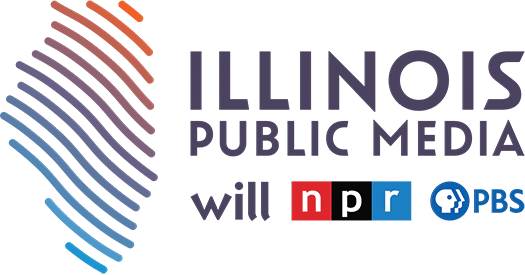The world’s largest, smartest and fastest computer will be up and running on campus by 2011, according to the University.
The computer is named Blue Waters and is already being made by the IBM company. The building that will house the computer is being constructed near Research Park and in sight of Assembly Hall.
Trish Barker, spokeswoman for the National Center for Supercomputing Applications, said the computer will be used by scientists and engineers worldwide.
“Blue Waters will be used to do scientific research that relies on supercomputers,” she added. “It might be doing better weather prediction. It might be looking at how the universe evolved in the very early days, and it might be trying to find an answer to global warming. It will be, in 2011, the most powerful supercomputer in the world.”
The computer itself will cost $208 million to build and will be funded through a grant from the National Science Foundation, or NSF. The cost of housing the supercomputer is $72 million; the University will pay $12 million and the state will pay $60 million, Barker said.
Get The Daily Illini in your inbox!
But with what administrators have called a “budget crisis” looming in the University’s near future, some have brought to question the morality of the University spending this much on a computer.
Rich Potter, graduate student, said the University administration must make it clear to the campus what the benefits of Blue Waters will be.
“We need to question very seriously what the priorities of the administration are,” he said. “When they are telling us that they have to furlough staff and faculty, that they are freezing all hirings and that there is not enough money to efficiently fund instruction on campus, then we need to know the benefits of these high technology programs.”
Randy Kangas, associate vice president for planning and budgeting at the University, said the $12 million that the University is providing for the project will eventually benefit campus in the long run.
Kangas said the University will not be responsible for funding the operational cost of Blue Waters.
“There will be additional funds that come through for research and operations, at least we hope,” he said. “There’s also a consortium with a lot of other universities, and you would hope that there will be corporate interest in what a facility like this can do.”
Potter said this uncertainty is what causes him to worry about whether the University can afford to pay for the supercomputer.
“It seems to me that evidence shows that they (these high technology projects) tend to benefit private, commercial enterprise,” Potter said. “While that’s a good goal, it is not the primary, strategic goal of the University, and that’s the goal we need to respect.”
Kangas said the decision to build this computer was made before reports on the University’s budget came in. He also said that the Blue Waters project will be valuable in ways other than financial.
“If you had to make the decision today, I don’t know, maybe the provost and the chancellor would make a different decision, but it’s a very important project for campus,” Kangas said. “You have to look at it from two points, not just the dollars, but what it will do academically for the campus.”
Others have agreed with Kangas on this issue. Lisa-Joy Zgorski, spokeswoman for NSF, said the value of Blue Waters and the justification for funding it will be made known in the near future.
“We (the NSF) are in the business of funding things that sometimes, at first blush, the practical implications for which are not immediately recognized,” Zgorski said. “It’s (Blue Waters) building for the future and providing the computational resources to attack the really complex, daunting problems we are facing in society.”
Similarly, Barker said Blue Waters will bring the University nationwide prestige and publicity.
“It’s really an endorsement of the University’s strengths in computer science, electrical and computer engineering. It places us at the cutting edge of those areas,” she said.
Kangas said the University’s funding for the supercomputer is not being directed from other funds and would not be beneficial in helping to combat the budget crisis.
“There are some saying we need as much as $11 billion more next year, so that $12 million, (matured) over many years, could not fix the problem,” he said. “I think it’s (Blue Waters) been a very important pragmatic priority.”
However, Potter suggests that prioritizing Blue Waters is an indication that the University is trying to privatize the campus.
“If we believe that line, then were going to end up with a University that only provides educational access for the most economically privileged in our society,” he added.





